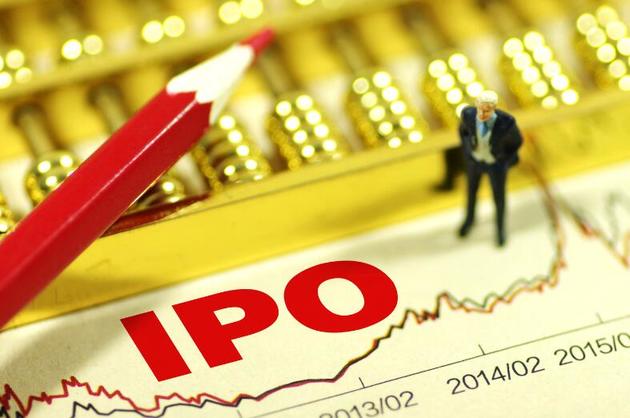
Photo/VCG
Jan. 3 (NBD) -- The number of new initial public offering (IPO) in China's A-share market will slow down to about 300 to 350 in 2018, raising a capital of approximately 180 billion yuan (27.7 billion U.S. dollars) to 200 billion yuan (30.8 billion U.S. dollars), due to the country's tightened regulations for A-share IPO approvals, Frank Lyn, markets leader of PricewaterhouseCoopers (PwC) China and Hong Kong said on Tuesday.
According to the data from the consulting firm PwC, the number and financing amount of IPOs in 2017 saw a sharp rise compared with those in 2016. The number of new listings hit a record 437 last year, up 93 percent from 227 in 2016, with the raised capital of 235.1 billion yuan (36.2 billion U.S. dollars), representing an increase of 56 percent compared to 150.4 billion yuan (23.2 billion U.S. dollars) in 2016.
Among 437 IPOs in 2017, 214 of them were listed on the main board on the Shanghai Stock Exchange, raising a total of 137.7 billion yuan (21.1 billion U.S. dollars), 82 on the Small and Medium Enterprise Board and 141 on the ChiNext on the Shenzhen Stock Exchange.
The securities companies China Galaxy Securities Co., Ltd. and Caitong Securities Co., Ltd both raised 4.1 billion yuan (631.5 million U.S. dollars) in 2017, making them the largest IPOs of the year.
Frank Lyn analyzed that the surge of IPOs and funds raised in 2017 was led by several factors, such as the active domestic small and medium enterprises, simplified approval progress for new shares as well as stable issuing prices.
Although the increased number of IPOs and financing amount in 2017 compared with 2016, yet it should be noted that the quality development of the stock markets is of great importance to the economic development and quality newly listed companies are the basis for a quality development of the stock market.
Since the new Public Offering Review Committee of China Security Regulatory Commission (CSRC) was formed in October 2017, the IPO approvals tend to be increasingly rigorous.
Higher standards could lead to a lower approval rate of IPO, a trend that could be a norm for the market in the future, said Jean Sun, assurance partner of PwC China, adding that the reasons why IPO applications was rejected vary from one enterprise to another, involving in sustainability of operation, accounting and financial conditions, information disclosure and internal control system.
Sun believed that the tightened regulations by CSRC will improve the system of the stock market as well as the quality of the listed enterprises.
Email: zhanglingxiao@nbd.com.cn


 川公网安备 51019002001991号
川公网安备 51019002001991号





